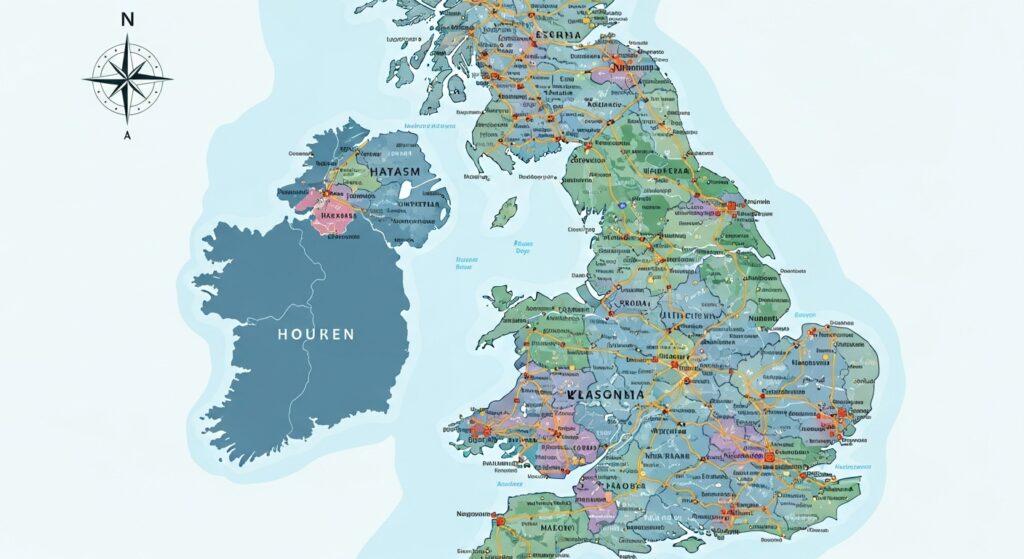If you’re considering a career in law enforcement, one of the first questions you likely have is, “how long is police academy?“
It’s a crucial question, as it represents the significant commitment required to become a police officer. The short answer is that the average police academy lasts between 5 to 6 months.
However, the complete picture is more nuanced. The exact length of the police academy depends on your state, the specific academy’s curriculum, and whether it’s a residential program. This comprehensive guide will break down the typical police academy length, what you’ll learn, and the factors that can shorten or extend your training timeline.
The National Average: How Many Weeks Is the Police Academy?
Most police academies in the United States are approximately 21 to 27 weeks long, translating to roughly 800 to 1,200 training hours.
This standard is set by state Peace Officer Standards and Training (POST) boards, which mandate the minimum number of training hours required for certification. The curriculum is incredibly dense, designed to prepare recruits mentally, physically, and morally for the challenges of the job.
What Impacts Police Academy Length? Key Factors
While the 5-6 month average is a good rule of thumb, several factors directly influence how long you will be in the police academy:
- State Requirements: This is the biggest variable. For example:
- California: Requires a minimum of 664 hours (approx. 16-17 weeks).
- New York: Mandates over 1,000 hours (approx. 25-27 weeks).
- Texas: Requires a minimum of 696 hours (approx. 17-18 weeks).
- Type of Academy: Is it a live-in (residential) academy or a non-residential one? Residential academies often have a more regimented, boot-camp-like schedule that can be more intensive but may run for a similar duration.
- Agency-Specific Training: Some large police departments (like the LAPD or NYPD) run their own academies, which often exceed state minimums with agency-specific tactics, policies, and culture training.
- Recruit Performance: Failing academic exams or physical fitness tests can result in being “recycled” into a later class, extending your overall training time.
A Glimpse Inside: What You’ll Learn During the Police Academy
Understanding how long the police academy is means knowing what fills that time. The training is a rigorous blend of three core areas:
1. Academic & Classroom Instruction (Approx. 40%)
Recruits must learn and apply a wide range of legal and procedural knowledge, including:
- Criminal Law & Constitutional Law
- Traffic Control and Enforcement
- Emergency Vehicle Operation
- Ethics and Cultural Sensitivity
- Crisis Intervention and De-escalation Tactics
- Report Writing and Communication
2. Physical Skills & Defensive Tactics (Approx. 30%)
This hands-on training builds the physical resilience needed for the job:
- Physical Fitness and Conditioning
- Defensive Tactics (handcuffing, restraint)
- Firearms Proficiency and Safety
- First Aid and CPR
- Vehicle Stops and Suspect Pursuit
3. Practical Application & Scenario-Based Training (Approx. 30%)
This is where recruits put their knowledge and skills to the test in simulated real-world situations, which is critical for building judgment and confidence.
The Journey Doesn’t End at Graduation: Field Training
It’s essential to know that graduating from the academy doesn’t mean your training is over. The total timeline to become a solo officer is longer.
After the academy, new officers enter a Field Training Officer (FTO) program. This is a period of several months (typically 3-4) where you patrol with an experienced training officer who evaluates your performance on the street. Only after successfully completing the FTO program are you considered a fully independent patrol officer.
So, when asking “how long is police academy training?” remember to factor in this crucial post-academy phase.
Frequently Asked Questions (FAQ)
Q: Can the police academy length be shorter for military veterans?
A: Sometimes. Many states and agencies offer waivers for certain skills (like firearms) or academic credits, potentially shortening the timeline. However, core legal and procedural training is almost always required.
Q: Is the police academy like a military boot camp?
A: There are similarities, especially in residential academies, with an emphasis on discipline, physical training, and structure. However, the police academy places a much heavier focus on law, communication, and de-escalation than a traditional military boot camp.
Q: What is the shortest police academy?
A: The shortest academies are typically around 12-16 weeks, but these are less common and often found in states with lower minimum hourly requirements.
Conclusion: It’s a Marathon, Not a Sprint
So, how long is the police academy? While the core program averages 5 to 6 months, the entire journey from recruit to independent officer, including field training, typically takes 8 to 12 months.
This intensive period is designed for a single purpose: to ensure you are prepared, both in skill and character, to protect and serve your community. The time invested in the academy is the foundation for a long, safe, and successful career in law enforcement.


